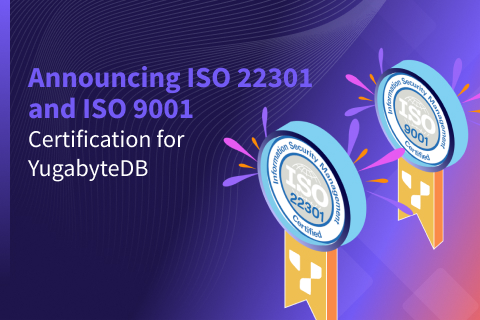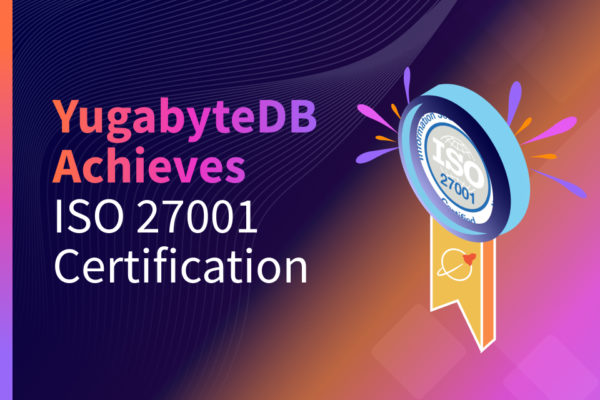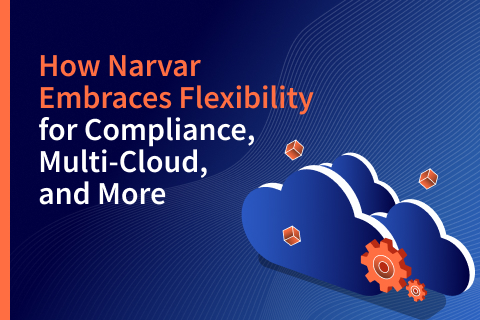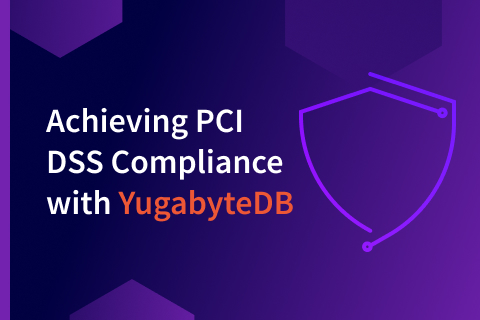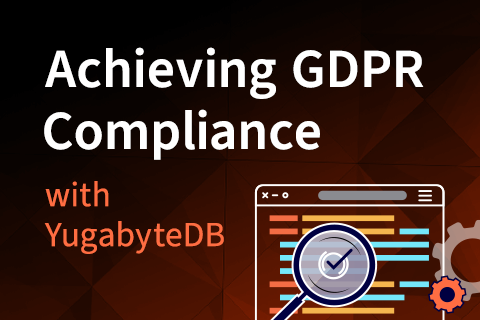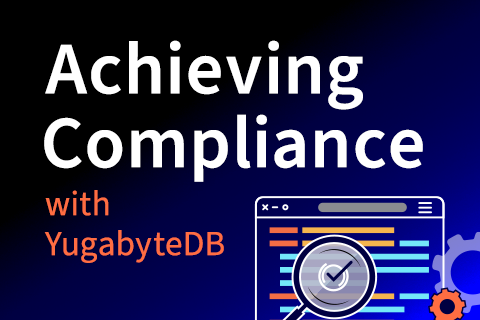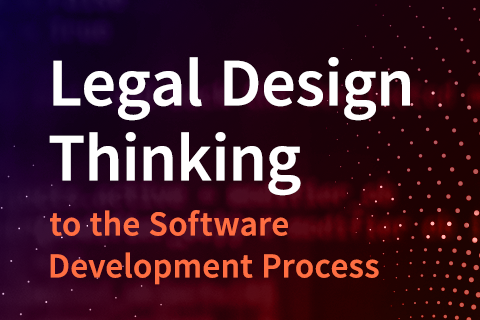Announcing PCI DSS Level 1 Compliance for YugabyteDB
YugabyteDB achieved PCI DSS Level 1 compliance, the highest assurance level, for our fully-managed DBaaS offering. This affirms our commitment to securing highly sensitive data while delivering strong performance. An independent Qualified Security Assessor validated YugabyteDB’s compliance with PCI DSS requirements.


